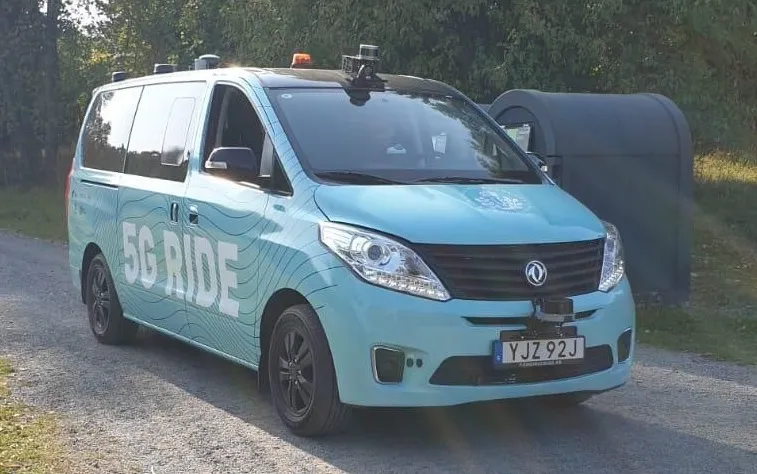The S$24 million (£13m) testbed allows participants to research, develop and demonstrate 5G connected mobility solutions in an area which spans the 200-hectare NTU Smart Campus.
Professor Lam Khin Yong, NTU’s vice president for research, says: “Our partnership with M1 will leverage the ultra-fast 5G cellular communications technology and integrate them into our existing V2X testbed, which will enhance overall safety and reliability as notifications can be sent to users almost immediately.”
Telecoms company M1 is to deploy three 5G base stations for C-V2X communications at the NTU Smart Campus. The increased capabilities of the network are expected to deliver ultra-fast and reliable low-latency communications over a wider coverage area. The network’s radio efficiency is further improved by massive ‘multiple-input multiple-output’ that can support hundreds of sensors on board vehicles including transport infrastructure such as traffic lights, NTU says.
According to NTU, this will allow industry partners to deploy 5G connected mobility solutions in areas such as crash avoidance, real-time traffic routing and network security. Cellular V2X (C-V2X) equipment will be installed in shuttle buses and autonomous vehicles to enable vehicle localisation tests in a real-world environment, NTU adds.
M1’s chief technical officer Denis Seek says: “The partnership with NTU also underscores the significance of developing and attracting students to participate in experimental 5G connected mobility C-V2X projects, nurturing them to become future technology innovators and leaders for Singapore’s Smart Nation journey.”
Companies including
NTU and M1 to develop Singapore 5G C-V2X testbed
Nanyang Technological University (NTU) in Singapore is working with M1 to integrate 5G technology into its cellular Vehicle to Everything (C-V2X) research testbed.
November 14, 2019
Read time: 2 mins







